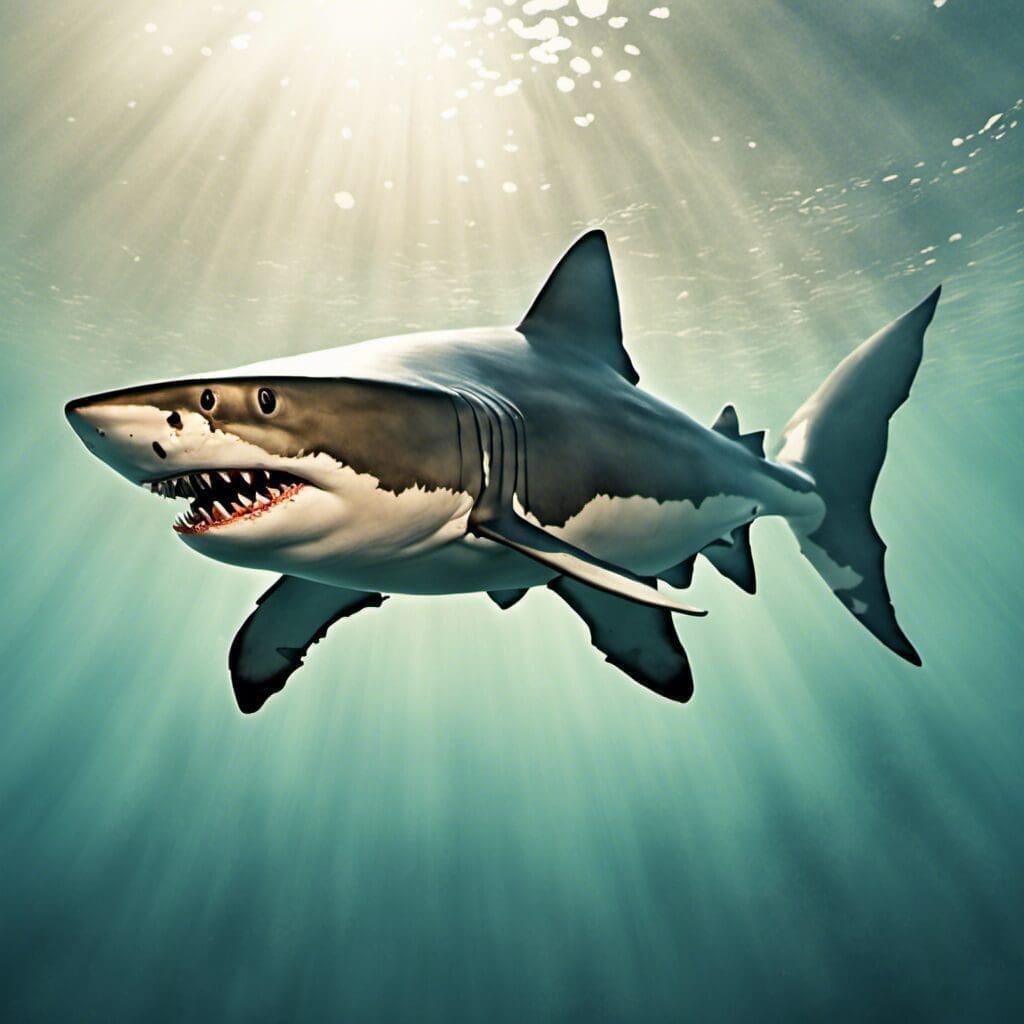Introduction
The Shark (Tope) or Galeorhinus galeus, is a member of the Triakidae family (houndsharks). This species is distributed worldwide in warm to temperate oceanic regions.
Conservation Status
The IUCN (International Union for Conservation of Nature) classifies the tope shark as “Vulnerable.” The main threats to this species are overfishing, bycatch, and habitat degradation. Conservation measures include habitat protection, bycatch reduction devices, and fishing restrictions.
Statistics
| Measure | Average | Range |
|---|---|---|
| Length | 1.5m (4.9ft) | 0.9-1.9m (3-6.2ft) |
| Weight | 18.6kg (41lb) | 11-27.2kg (24-60lb) |
| Average Lifespan | 45-50 years | – |
Distribution
Tope sharks are widespread, found in waters from the UK and Ireland, Australia, South Africa, and on both coasts of North and South America. They undergo long-distance migrations, often associated with feeding and reproduction events.
Habitats
These sharks prefer coastal waters, often found in depths ranging from 10 to 550 m, though they can inhabit deeper areas. They tolerate a wide range of water temperatures, often preferring warmer waters.
When and Where to See
Tope sharks are most often seen in the summer months, particularly around dawn and dusk.
Best Fishing Locations
Top 10 Places
- San Francisco Bay, USA
- Port Phillip Bay, Australia
- Bristol Channel, UK
- Monterey Bay, USA
- Port Lincoln, Australia
- False Bay, South Africa
- Atlantic coast of Argentina
- Gulf of Alaska, USA
- Fraser Island, Australia
- Gower Peninsula, UK
How to Catch
Tope sharks may be attracted by baits such as mackerel, herring, or squid. Both shore and boat fishing techniques can be effective, with peak fishing times often at night or in early morning.
Identification Guide
H3 Physical Characteristics
Tope sharks have a slender, torpedo-shaped body, a long, curved tail fin, and typical coloration ranging from grey to black. One distinction from similar species is the lack of a white edge on the dorsal fin.
Culinary
Tope meat is tender, with a mild flavor, often used in fish and chips in the UK. However, there are sustainability concerns due to their vulnerable status.
Additional Information
These sharks are mainly carnivorous, with a diet consisting of fish, squid, and crustaceans. They have few predators as adults, though juveniles may be preyed upon by larger shark species. There have been historical reports of attacks on humans, though these are rare.
References and Further Reading
For further reading, ”Sharks of the World” by Leonard Compagno is an excellent comprehensive guide to shark species. Specialist websites such as Fishbase, and Florida Museum of Natural History also provide detailed information on the species, its habitats and conservation status

